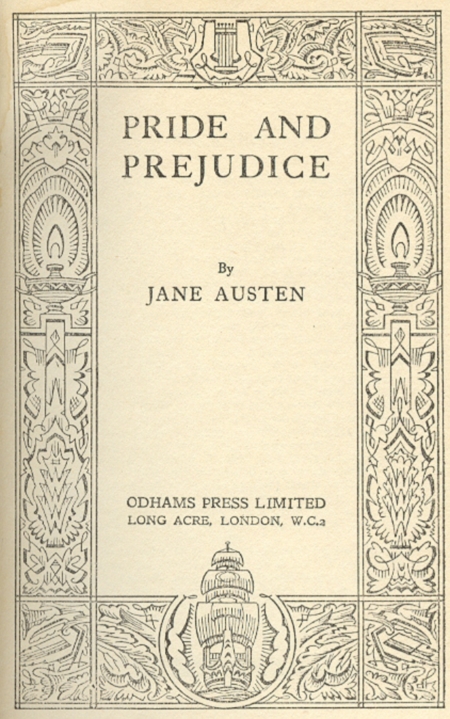There are always those bands that you’d wish you’d seen live—bands that seem like they’ll go on forever (maybe so long you wish they’d quit already). But then you never get around to it, and, Bam!, one day the chance is lost. One of those bands for me is R.E.M., the only U.S. band in my book whose early work stood up to almost everything The Smiths put out. Since I was such a young lad when I first heard them circa-Document, it wasn’t easy for me to get out to concerts. And by the time I was old enough, they’d moved on some from their early jangle and stomp, garage-rock, post-punk sound, and I’d moved on to other favorites. That’s a shame, in hindsight, but now thanks to the heavenly magic (or devilry) of YouTube, I can (and do) spend hours catching up on concert film of bands like R.E.M. that I was born too late to see live in their prime.
Whether or not you had the privilege of seeing Michael Stipe and company in person, there’s little chance that you were at the show above (if so, speak up!). It’s probably one of their first, at the 688 Club in Atlanta, opening for Tex-Mex “Nuevo wavo” guitarist, Joe “King” Carrasco.
This gig took place on either February 2oth or 21st, 1981, a full eighteen months before their debut release, the EP Chronic Town. There are a few tunes here that never resurfaced in later recordings (“Narrator,” “Dangerous Times”) and a couple that became classics (“Gardening at Night,” “Radio Free Europe”). The film opens with them in the midst of covering the Sonny West-penned 1950’s classic “Rave On” (one of Buddy Holly’s last hits). And of course it makes perfect sense that they would owe a debt to this sound, but they transformed it so completely in their original songwriting that it isn’t always evident. They pull it off with panache.
The whole gig is a testament to what a together band they were even at this early stage. It’s all there—Stipe’s vocal quirks and full-body dance attacks, Mike Mills’ bouncing bass lines and angelic vocal harmonies, Peter Buck’s right-handed Rickenbacker arpeggios (and dapper vest), and drummer Bill Berry’s ever-reliable backbeat. Never known as overly technical musicians (an overrated quality in rock, in my opinion), what R.E.M. may have lacked in virtuosity, they made up for in personality. Another complete concert film below, from October 10th, 1982, shows them on a high, two months after Chronic Town’s release. Filmed at the Raleigh Underground, this gig included a number of songs that would appear on their first full-length, the moody, confident, and timeless Murmur.
via Slicing Up Eyeballs
Related Content
R.E.M.’s Final Live Moments in Mexico (and a Vintage Early Concert)
R.E.M.’s “Losing My Religion” Reworked from Minor to Major Scale
Live in Rome, 1980: The Talking Heads Concert Film You Haven’t Seen
Josh Jones is a writer, editor, and musician based in Washington, DC. Follow him @jdmagness



